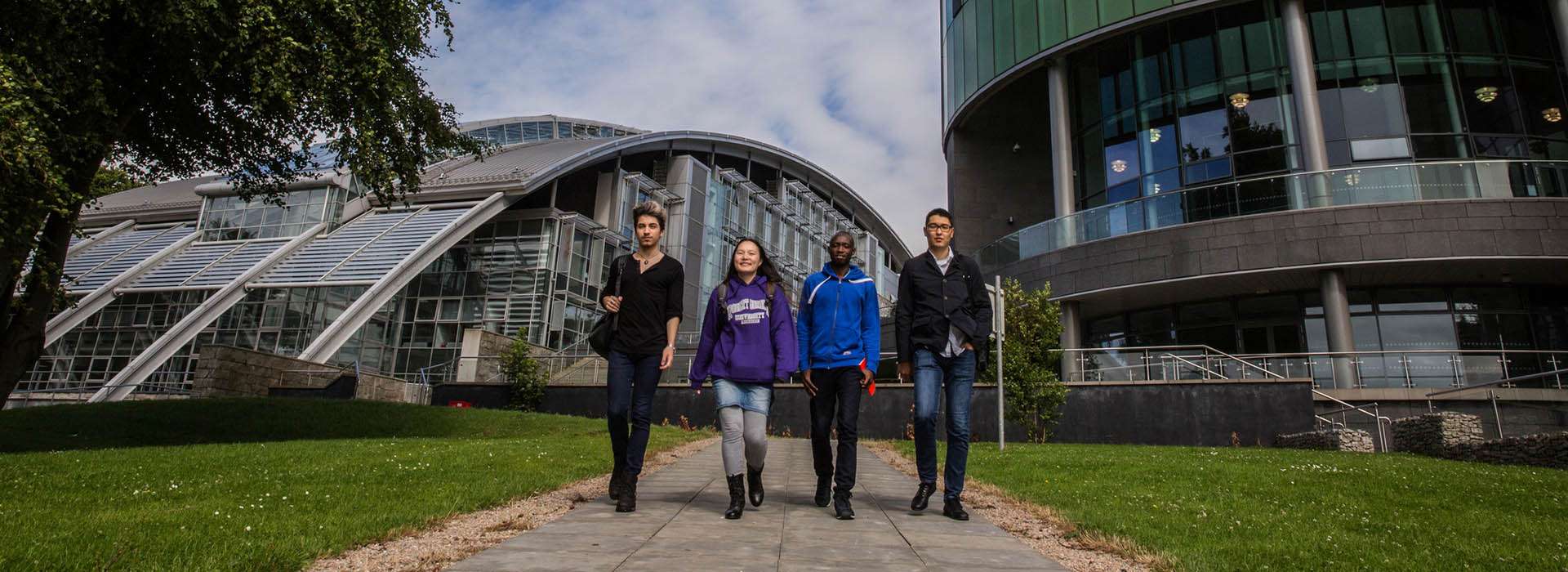Whose voices are important for your project and why?
One of the beautiful characteristics of stories is that they are told by different people, at different times and in different ways. They can represent multiple, varied voices from within communities and morph, shift and evolve over time to reflect different views, perceptions and experiences. If you are embarking on a storytelling project, you too will play a role in the telling and retelling of stories.
This is particularly true when stories are collected, curated and created into different forms. The original essence of the story, its original voice, may change.
It is important to be cognisant of this as a change in the story, can impact its authenticity and how it represents people and communities. Stories about places often have strong emotional or visceral meanings for the people from and of those places, and as such who tells them and how may have lasting impact.
Questions to answer
- In the place(s) you are collecting stories, whose voices are important?
- Does your story collection relate to people who are living, or dead?
- What are the potential impacts that your story collection, and (re)telling, may have on them?
Whose voices are included and left out?
It may not be possible to include all voices in your storytelling project. The purpose, scope and output of your project may place parameters on how many voices you can represent, and which voices you can access.
Taking time to consider the consequences of these parameters is helpful in determining the impact of your project. Left out voices, may be considered ‘silenced voices’, and may not be fully representative of the issue or context you are aiming to address.
Once you have established whose voices are important, we encourage you to think about whose voices you want to include in your project and whose voices may be left out.
Questions to answer
- Who is included? Who is left out?
- Why have you chosen these voices?
- Is there a risk that you ‘silence’ voices through this process? And if so, what are the potential consequences?
Who has the power to tell stories?
In the Collection stage, it is normal for some voices to be more prominent than others. This is especially true for stories that represent the heritage of local communities where local historians, advocates or experts may emerge. These individuals or groups may be very helpful for collecting stories, but they may also provide a particular perspective, associated with their own research or preoccupations that is not necessarily representative of the wider community voice or narrative.
Powerful voices for storytelling may arise in different forms through people, books or online materials. You will need to decide how to approach and represent these powerful voices in your project. Additionally, some of the voices you include may be from people who are no longer ‘living’ and this raises questions about how to appropriately represent voices of the dead who may no longer have the power to question narratives created about them.
Questions to answer
- In the place you are collecting stories, who are the powerful voices/ experts?
- How representative are these powerful voices?
- How will you work with these powerful voices? Is it important too?
- Do the voices you include have the power to represent themselves? (e.g. are they still alive?)
What is your voice/ position?
Finally, the collection of stories can be helped or hindered by your own voice and position. If you plan to be involved in the Collection stage, or you are working with others, it can be helpful to reflect on how your position (and theirs) may impact how stories are collected and interpreted.
For instance, if you are speaking to local communities and are already an expert in the local history and heritage of a place your position may offer a useful tool in relating to people as they tell their stories. However, it may also shape how you value the importance of certain stories and the kinds of questions you ask. Alternatively, if you have no local knowledge this may help you to ask the simple, yet important, questions, but may also lead you to miss important ‘hidden’ aspects embedded in local ‘knowledge’, dialects and customs.
Questions to answer
- What is your position and voice?
- Do you have the skills/ expertise to collect stories?
- Is there anyone else that you need to help with collection?

